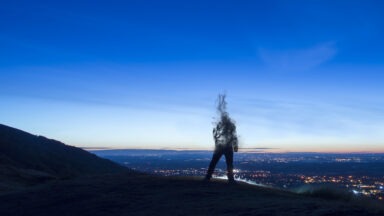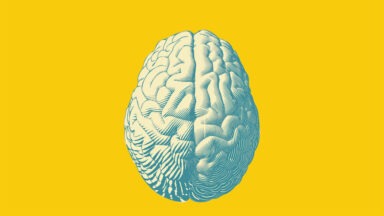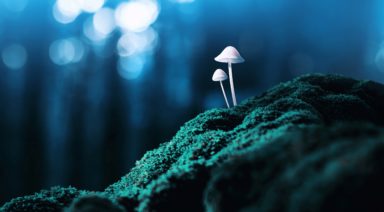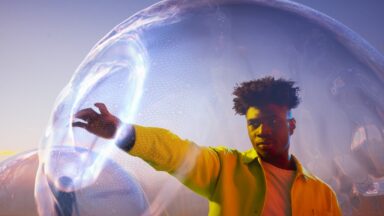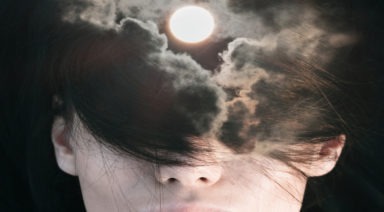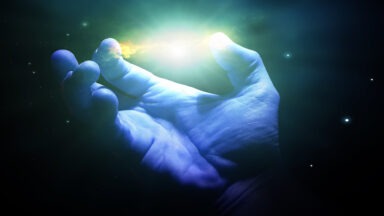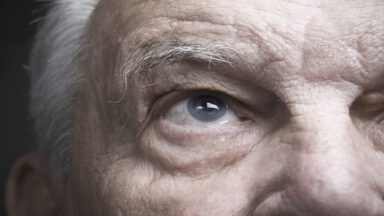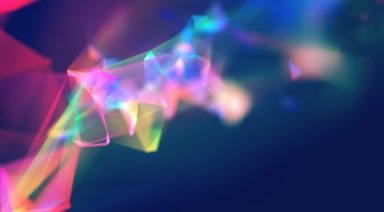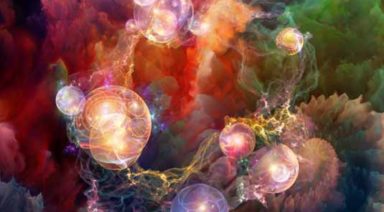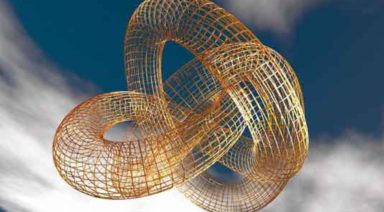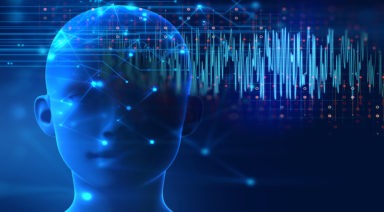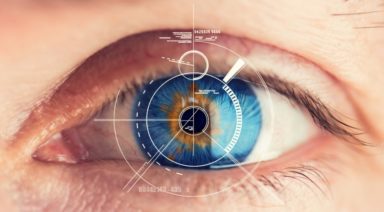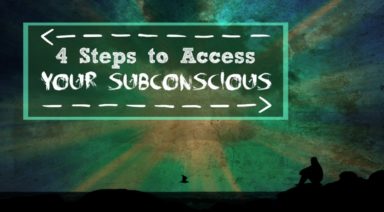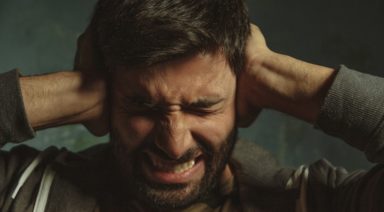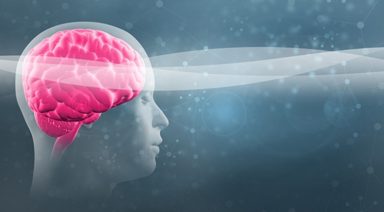Psychedelic-Assissted Therapy for Veterans and Personality Improvement
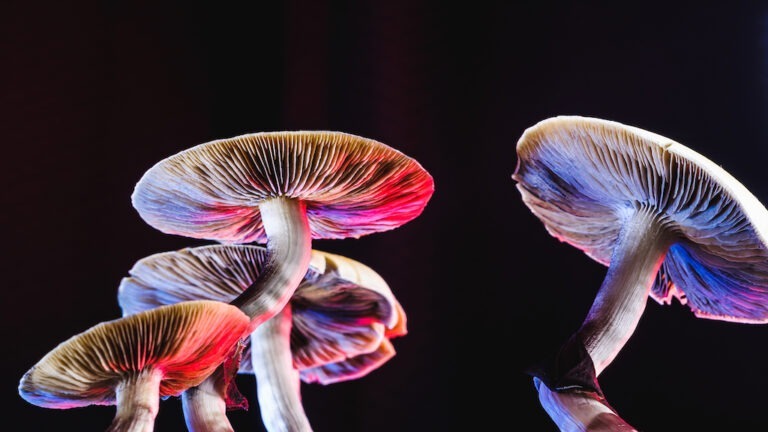
Psychedelic-assisted therapy at the VA
Psychedelic-assisted therapy has recently gained mainstream acceptance among civilians, but what about for members of the military and veterans?
This therapy may soon be an option for some veterans. As “Lucid” reports, “psychedelic-assisted therapy is on the rise at some veterans administration hospitals.”
Phase 3 clinical trials of MDMA therapy to treat post-traumatic stress disorder have been so successful, with 68 percent of participants in remission, the FDA granted MDMA a special ‘Breakthrough Therapy’ designation. But this therapy is not yet available all over the country, prompting more researchers to call on the VA to create protocols for MDMA, psilocybin, and ketamine therapies. These psychedelics are still classified as Schedule 1 narcotics, and it will take political will and bipartisan support to win FDA approval.
If that happens, researchers at the forefront of these therapies hope to see VA hospitals nationwide using psychedelics to help veterans by the year 2024.
Could the use of hallucinogens actually improve your personality?
A new study published in the journal Frontiers in Psychology looked at how psychedelics affect personality. Researchers recruited adults who were planning on using hallucinogens in the near future and asked them to fill out a survey regarding their personality, based on the five-factor model of personality traits:
- Extraversion
- Neuroticism
- Openness to experience
- Agreeableness
- Conscientiousness
Participants took the survey three times — before their psychedelic experience, two weeks after, and four weeks after. The results were impressive, with people reporting a reduction in neuroticism and an increase in agreeableness, even four weeks after their experience.
Brandon Weiss, a psychologist at Imperial College London and lead researcher told Psychology Today, “[F]irst, people seemed to report that they were not as quarrelsome or critical in their interactions with others. Second, people reported that they were less easily upset by things and less anxious.”
Weiss also pointed out that despite these positive outcomes, hallucinogens can be dangerous, especially with people who have pre-existing psychosis. More data is needed to confirm the studies’ findings. As a large number of participants did not follow through with the entire survey. But this is more evidence that hallucinogens could be another tool to help with mental health.
Ayahuasca Study Shows Breakthrough in Resolving Intercultural Conflict

Can plant medicines heal long-standing, sociopolitical conflicts? A new study brought together groups with deep-rooted enmity for each other in an ayahuasca ceremony—could this be the solution for a more peaceful world?
Plant medicines, including ayahuasca and psilocybin from “magic mushrooms” have become breakthrough therapeutic modalities for treating depression, anxiety, and addiction, as taboos around psychedelics fade and scientists study their effects in sanctioned clinical settings. And now a group of scientists from the US, UK, and Israel has begun to look at ayahuasca as a tool for resolving intercultural conflict. By bringing together Israelis and Palestinians for a group ceremony, the researchers looked for signs of reconciliation and intergroup contact between the subjects.
Dr. Maya Shetreat MD, is a neurologist and herbalist specializing in plant medicine and psychedelic-assisted therapy. She had this to say about the recent study…
“We should definitely be able to experience significant shifts in identity politics because we know that psychedelic medicines like ayahuasca or psilocybin have these ego-dissolving properties that change the way our brains see us, see our identity, and perceive us as being separate from one another,” Dr. Shetreat said. “So, theoretically it’s possible that any kind of identity issues, whether it be political or otherwise, could be more in a place of resolution because people can see past differences.”
Results of this recent study proved to be profound, with several participants reporting visions in which they re-lived trauma from the perspective of those from the opposite culture. And in one instance, a participant was able to embody a single experience from both perspectives.
But while these results held significant weight for those involved, how does this translate at a larger scale?
“You know we have to ask the question, is it really necessary for everyone to be in ceremony and go through a psychedelic experience in order to create change? And actually, I think there’s an argument that it doesn’t take that many people, not everybody has to be in that role and enter that liminal space. The people who are called and the people who are motivated to engage with the medicine have those revelations, integrate, take action, and actually lead other people to see those connections that other people might not be able to see,” Dr. Shetreat said.



